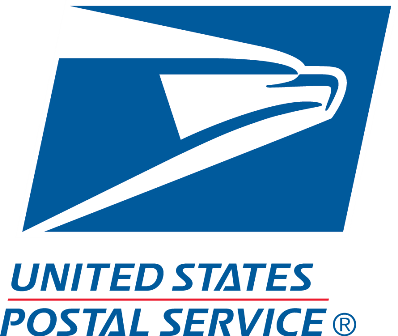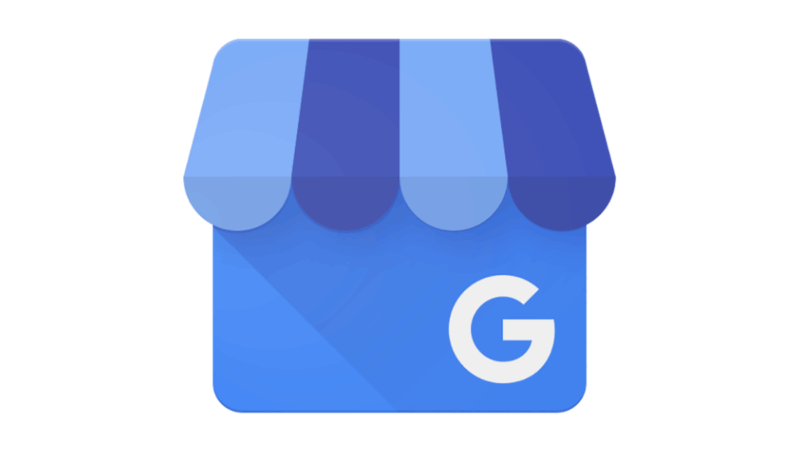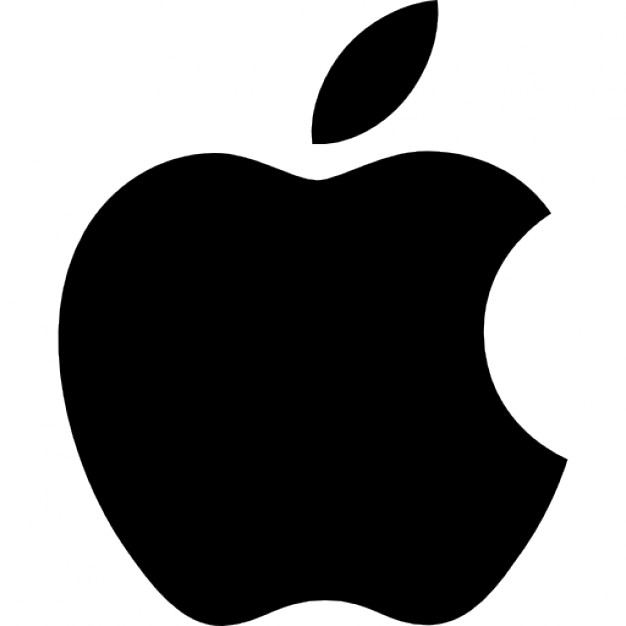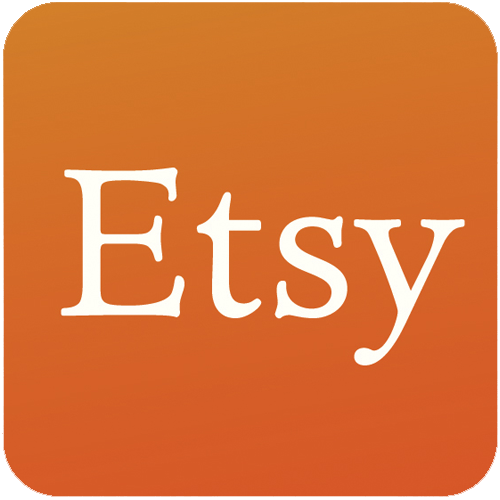I Founded Three Businesses When I Was 36 And Retired At 43
I founded three businesses, bootstrapped with my business partners/husband, and now I’m retired at 43. Our key to success was electing not to have children, paying off all debt ahead of quitting our corporate jobs 7 years ago. The planning started way ahead of leaving our corporate jobs. Living well below our means and for the duration of our corporate careers, saving and investing our income. When I met my spouse, he was on a similar path and our philosophies aligned. When we joined forces, we used our resources to eliminate and avoid debt, acquire assets and investments. We didn’t color within the lines, instead, we took life-changing risks knowing we could sign up for a 9-5 anytime we needed a fallback plan.
Over these past 7 years, I founded the first business, which had a very long-term investment thesis, knowing it would take many years before we could rip cash off that business, meanwhile at a later interval, I founded two medical spas for current cash flow, one in 2017 and a bolt-on in 2019. I started at the helm of all three endeavors, but soon turned over the leadership role of the first business while I ran the second and third businesses for a few years before selling them off.
The...

Download the report and join our email newsletter packed with business ideas and money-making opportunities, backed by real-life case studies.

Download the report and join our email newsletter packed with business ideas and money-making opportunities, backed by real-life case studies.

Download the report and join our email newsletter packed with business ideas and money-making opportunities, backed by real-life case studies.

Download the report and join our email newsletter packed with business ideas and money-making opportunities, backed by real-life case studies.

Download the report and join our email newsletter packed with business ideas and money-making opportunities, backed by real-life case studies.

Download the report and join our email newsletter packed with business ideas and money-making opportunities, backed by real-life case studies.

Download the report and join our email newsletter packed with business ideas and money-making opportunities, backed by real-life case studies.

Download the report and join our email newsletter packed with business ideas and money-making opportunities, backed by real-life case studies.








































